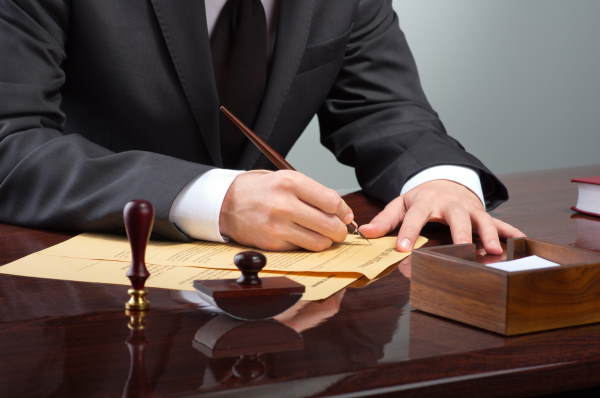
Disputes sometimes arise between personal representatives and beneficiaries. Such disputes often result from a lack of communication or as a result of a real or perceived lack of transparency in the estate administration process. Philadelphia probate attorneys can attempt to resolve such disputes informally and, when necessary, represent a beneficiary or a personal representative in court.
What is Probate in Philadelphia?
Probate is the legal term that refers to the process of handling a person’s assets and general affairs after their death. Many assets will need to be distributed through probate, although certain types of assets will not go through the probate process.
Generally speaking, whether or not a person has a will, their estate will go through the probate process. When a person dies with a valid will, the person named as the representative in the deceased’s will—a person known as an executor or executrix—will handle the probate process. If there is no will and the deceased has died intestate, then the intestacy probate process will be handled by an administrator of the estate.
Understanding Probate
Small estates can be eligible for a simplified probate process, which can be available for estates of $50,000 or less. To go through a simplified probate process, the executor or administrator must petition for a simplified probate. Otherwise, the estate will need to go through the regular probate process.
Generally speaking, assets will need to be distributed through probate unless they fall into one of the following categories:
· Assets in a trust;
· Assets owned in joint tenancy, such as in a shared bank account; and
· Assets paid to a beneficiary, such as through a life insurance policy.
During probate, the personal representative—either the executor or the administrator—will inventory assets, will liquidate property as necessary, will pay debts and taxes, and will be required to file court reports. This process tends to be more complicated for certain estates, and it is important to learn more from a Philadelphia probate attorney about the specific issues and factors in your case.
How Can I Avoid Probate in Philadelphia?
If you own anything individually when you pass away, your assets will go through the probate process. However, ownership isn’t necessarily a simple matter. Careful planning can change how ownership of particular assets is determined, and thus help you avoid probate entirely.
Probate may not be necessary if all of your assets are:
· Jointly-held: If all someone owns at the time of their passing is a home and a bank account which were both jointly-held with a spouse, both of these assets pass to the surviving spouse without going through probate.
· Passed into an irrevocable living trust: Irrevocable trusts are not controlled by the trustor, meaning they don’t actually legally possess them, thus they’re excluded in terms of probate.
· Placed into a revocable trust-centered plan: As long as all individually-held assets were transferred into the trust during the trustor’s life, the decedent doesn’t technically own anything upon their death, and thus probate isn’t necessary.
Determining the best way to protect your assets from the probate process is something you should only undertake with the assistance of a qualified and knowledgeable attorney.
Consult an Attorney Today
Whether you want to avoid potential probate or you are struggling with the probate process, a seasoned probate attorney, can assist you. They can help you determine your best options to protect your assets from probate, fulfil all of your duties if you are named as an executor of an estate, or understand your rights as an heir or beneficiary under Pennsylvania state law.

